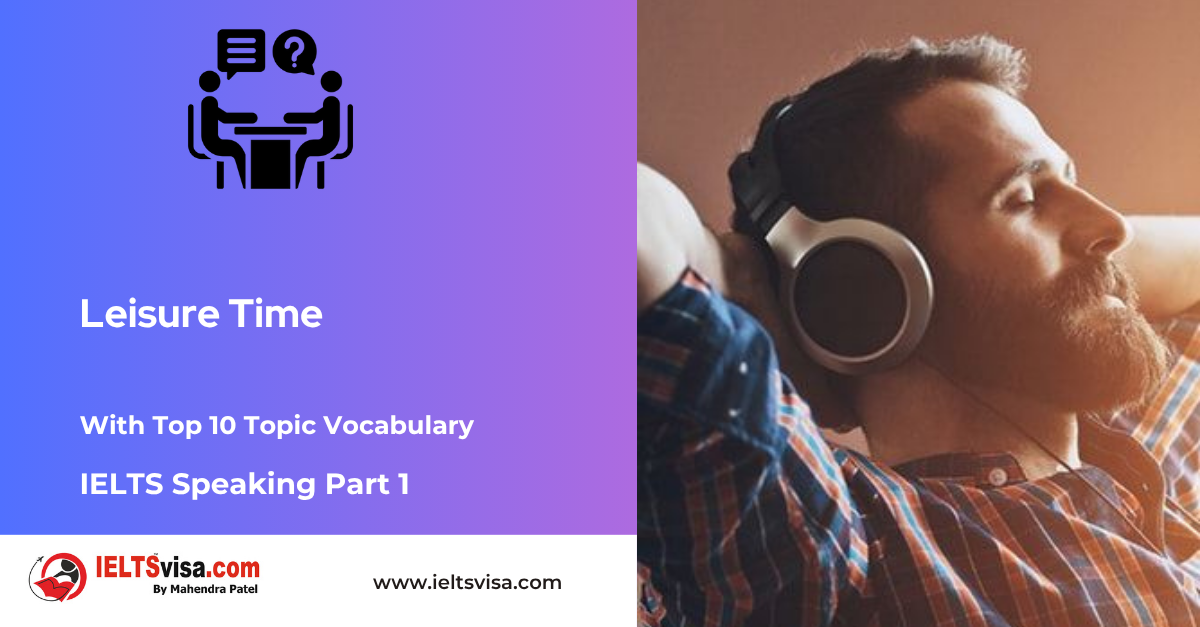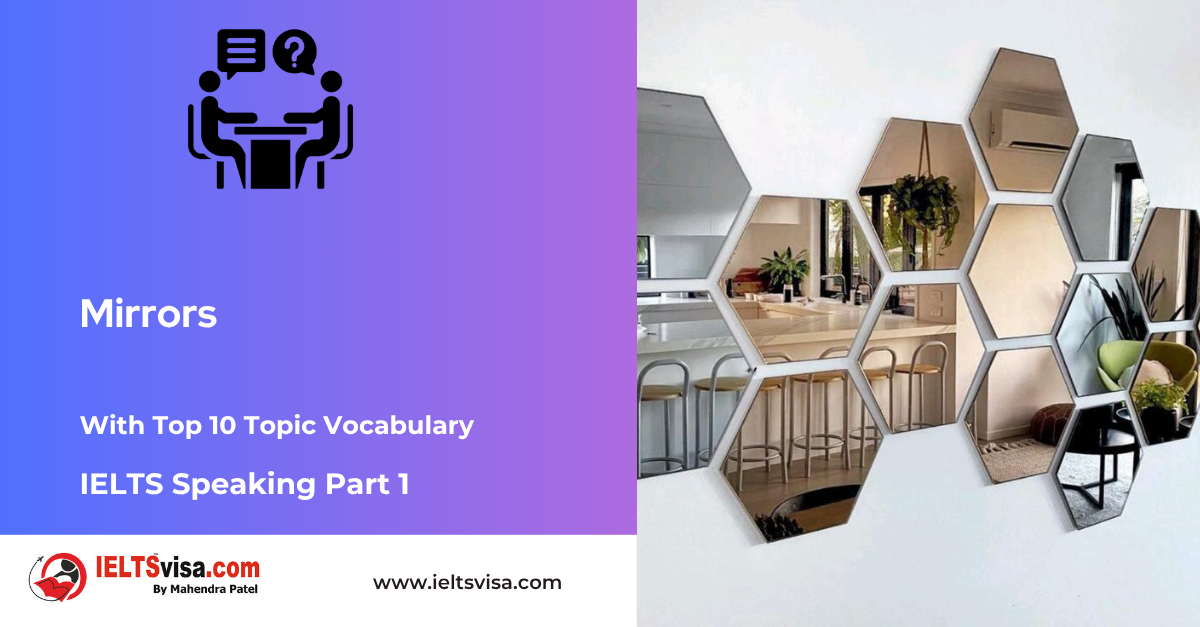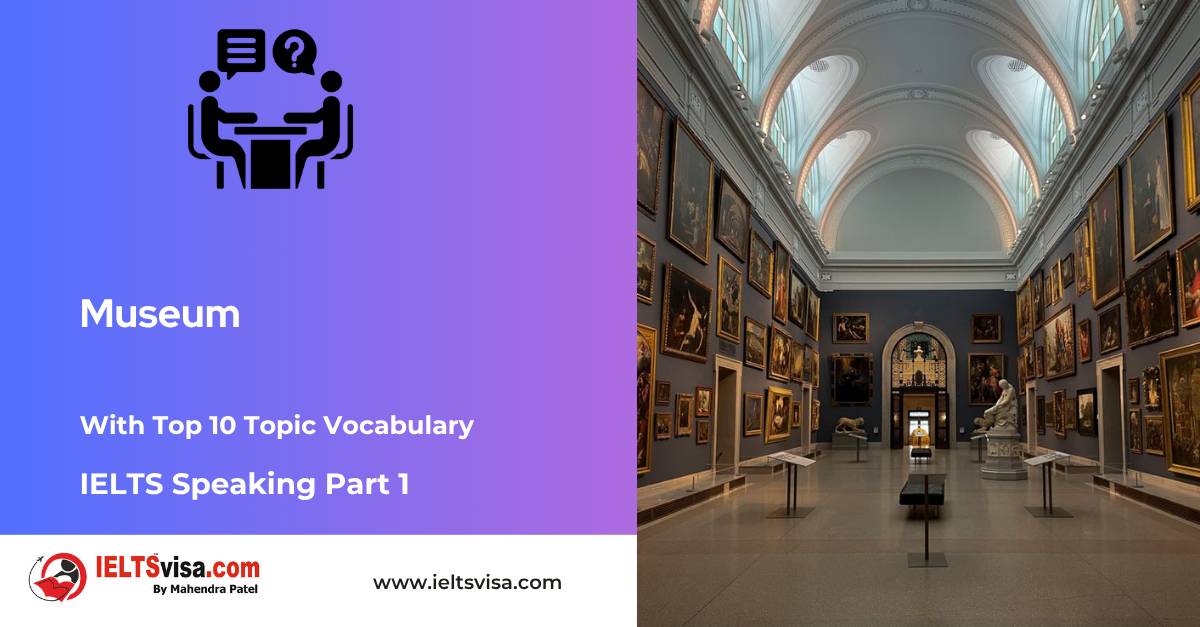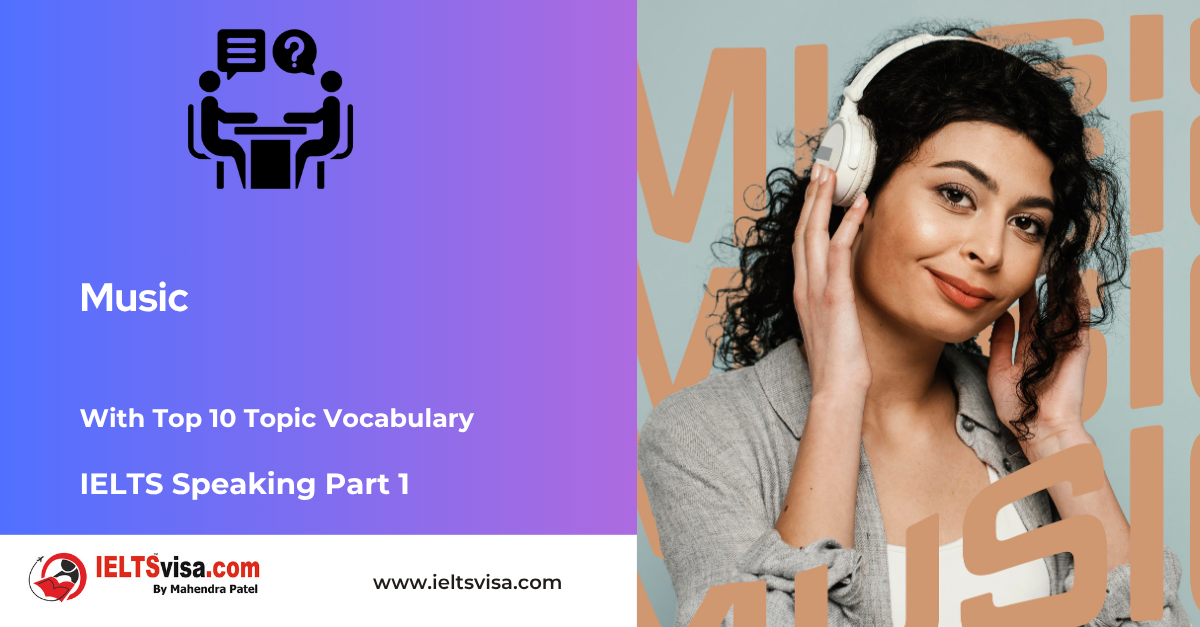IELTS Speaking Part 1 – Home Accommodation
IELTS Speaking Practice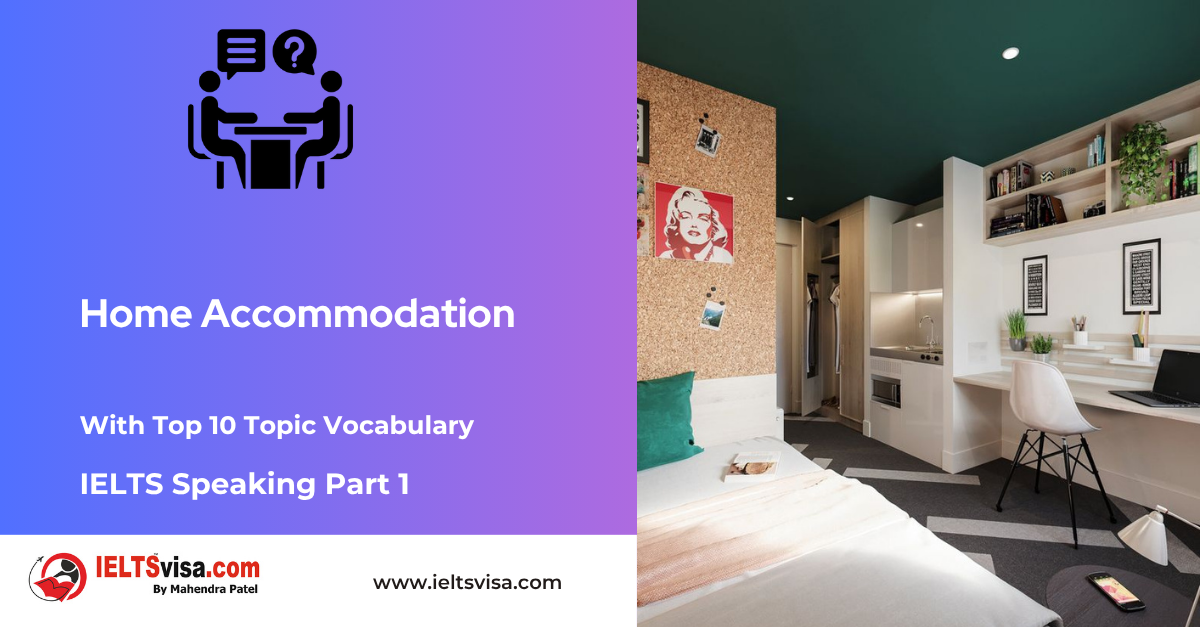
IELTS Speaking Part 1 – Home Accommodation
Examiner: Where do you live?
Candidate: Student: I live in a dormitory on campus.
Employee: I live in an apartment in the city.
Examiner: How long have you been living there?
Candidate: Student: I’ve been living in the dormitory for one year.
Employee: I’ve been living in the apartment for three years.
Examiner: Do you like living there?
Candidate: Student: Yes, I like living in the dormitory. It’s convenient, and I get to meet a lot of other students.
Employee: I like living in the apartment, but sometimes it can be not quiet with all the traffic outside.
Examiner: What do you like most about your home/accommodation?
Candidate: Student: I like that the dormitory has a common area where I can hang out with other students and make friends.
Employee: I like that my apartment is close to my workplace and there are a lot of restaurants and shops nearby.
Examiner: How would you describe your home/accommodation?
Candidate: Student: The dormitory is quite small, but it has everything I need, like a bed, desk, and wardrobe.
Employee: The apartment is spacious and has a living room, kitchen, bedroom, and bathroom.
Examiner: What improvements would you make to your home/accommodation?
Candidate: Student: I wish the dormitory had a bigger kitchen so I could cook more meals.
Employee: I would like to have more soundproofing in the apartment to block out the noise from the street.
Examiner: Do you prefer living alone or with roommates?
Candidate: Student: I like living with roommates because it’s more fun, and I get to socialise with other students.
Employee: I prefer living alone because I value my privacy and independence.
Examiner: What do you think is important in a home/accommodation?
Candidate: Student: I think it’s important for a home to be clean and comfortable, with good lighting and ventilation.
Employee: I think it’s important for an accommodation to be safe, secure, and have easy access to public transportation.
Examiner: Do you think renting or owning a home is better?
Candidate: Student: As a student, I think it’s better to rent because it’s more affordable, and I don’t have the financial resources to own a home.
Employee: As an employee, I think it’s better to own a home because it’s a good investment, and I have the financial stability to make a long-term commitment.
Examiner:How do you usually spend your weekends at home?
Candidate: Student: On weekends, I usually study in my dorm room and then relax by watching movies or reading. Sometimes, I hang out with friends in the common area.
Employee: I like to unwind at home on weekends by cooking, watching TV, or reading. Occasionally, I invite friends over or go out for a meal.
Examiner: Would you consider moving to a different place? Why or why not?
Candidate: Student: I might consider moving to an off-campus apartment in the future if I find something more affordable or closer to my classes.
Employee: I’m considering moving to a quieter neighbourhood because the noise in my current apartment can sometimes be overwhelming.
Examiner: How do you usually decorate your home/accommodation?
Candidate: Student: I keep my dorm room simple, with posters of my favourite bands and some personal photos to make it feel more like home.
Employee: I like to decorate my apartment with modern furniture, some indoor plants, and artwork that adds a personal touch to the space.
Examiner: Do you think it’s important to personalise your living space?
Candidate: Student: Yes, I think personalising my space makes it feel more comfortable and helps me express my personality. It also makes the space feel more like my own.
Employee: Absolutely; personalising my living space helps me create a comfortable environment where I can relax and feel at ease after a long day at work.
Examiner: How do you keep your home/accommodation organised?
Candidate: Student: I try to organise my dorm room by cleaning up regularly, using storage bins, and ensuring everything has a designated place.
Employee: I keep my apartment organised by maintaining a cleaning schedule, using storage solutions like shelves and drawers, and regularly decluttering.
Examiner: What kind of neighbourhood do you live in?
Candidate: Student: My dormitory is on campus, so the neighbourhood mostly comprises other students. It’s quiet and safe, with lots of green spaces and study areas.
Employee: I live in a bustling urban neighbourhood with a mix of residential buildings, shops, and restaurants. It’s lively and convenient but can be noisy at times.
Examiner: Do you plan to move to a different place in the future?
Candidate: Student: I might move to a different dormitory next year or consider living off-campus if I find something more suitable for my needs.
Employee: I’m considering moving to a quieter neighbourhood or perhaps even buying a house in the suburbs in the future when I’m ready to settle down.
Top 10 Topic Vocabulary for “Home Accommodation”
|
Vocabulary |
Type |
Meaning |
Synonyms |
Antonyms |
Word Family |
Example Sentences |
|
Dormitory |
Noun |
A large bedroom for multiple people in a school or institution |
Residence, Hall |
Apartment, House |
Dormitories (n), Dorm (n) |
Living in a dormitory allows me to socialise with other students. |
|
Apartment |
Noun |
A set of rooms forming an individual residence within a building |
Flat, Unit |
House |
Apartments (n), Apartmental (adj) |
My apartment is close to public transportation and my workplace. |
|
Spacious |
Adjective |
Having ample space |
Roomy, Large |
Cramped, Small |
Space (n), Spaciously (adv) |
The apartment is spacious, with a big living room and kitchen. |
|
Convenient |
Adjective |
Suited to one’s comfort or purpose |
Handy, Accessible |
Inconvenient |
Convenience (n), Conveniently (adv) |
My dormitory is convenient because it’s close to my classes and the library. |
|
Soundproofing |
Noun |
Material or process that reduces or prevents sound transmission |
Insulation, Noise-proofing |
N/A |
Soundproof (v), Soundproofed (adj) |
I wish my apartment had better soundproofing to block out the street noise. |
|
Privacy |
Noun |
The state of being free from public attention |
Seclusion, Solitude |
Publicity, Exposure |
Private (adj), Privately (adv) |
I prefer living alone because I value my privacy. |
|
Ventilation |
Noun |
The provision of fresh air to a room or building |
Air circulation, Airflow |
Stagnation |
Ventilate (v), Ventilated (adj) |
Good ventilation is important to keep my room comfortable and fresh. |
|
Investment |
Noun |
The action or process of investing money for profit |
Financial stake, Venture |
Expenditure |
Invest (v), Investor (n) |
Owning a home is a good investment for the future. |
|
Secure |
Adjective |
Safe from harm; firmly fixed |
Safe, Protected |
Insecure |
Security (n), Securely (adv) |
It’s important for my accommodation to be secure and in a safe neighbourhood. |
|
Soundproofing |
Noun |
The process or technique of making something resistant to sound |
Insulation, Noise-proofing |
N/A |
Soundproof (v), Soundproofed (adj) |
I would like more soundproofing in my apartment to reduce noise from the street. |

Our Books
Master IELTS Speaking Part 1
IELTS Writing Task 1 Book
IELTS Writing Task 2 Book
Practice IELTS Other Modules
IELTS Listening
The IELTS Listening test assesses how well you can understand spoken English in various contexts. It lasts about 30 minutes and is divided into four sections with a total of 40 questions. The listening tasks become increasingly difficult as the test progresses.
IELTS Academic Reading
The IELTS Academic Reading section assesses your ability to understand and interpret a variety of texts in academic settings. It is designed to evaluate a range of reading skills, including skimming for gist, reading for main ideas, reading for detail, understanding inferences, and recognizing a writer's opinions and arguments.
IELTS Speaking
The IELTS Speaking test assesses your ability to communicate in English on everyday topics. It lasts 11-14 minutes and consists of three parts: introduction, cue card, and a discussion based on the cue card topic.
IELTS General Reading
IELTS General Reading tests your ability to understand and interpret various types of texts. Here are some key areas and types of content you can expect to encounter in the reading section, along with tips for effective preparation.
IELTS Academic Writing Task 1
In IELTS Academic Writing Task 1, you are presented with a visual representation of information, such as graphs, charts, tables, or diagrams, and you are required to summarize, compare, or explain the data in your own words.
IELTS General Writing Task 1
In IELTS General Writing Task 1, you are required to write a letter based on a given situation. The letter can be formal, semi-formal, or informal, depending on the prompt. Here’s a breakdown of the key components to include in your letter
IELTS Academic Writing Task 2
In IELTS Academic Writing Task 2, you are required to write an essay in response to a question or topic. Here’s a guide to help you understand the essential elements of this task
IELTS Exam Tips
To succeed in the IELTS exam, practice regularly, familiarize yourself with the test format, improve your vocabulary, develop time management skills, and take mock tests to build confidence.
Grammer for IELTS
Grammar is the foundation of effective communication in English. Understanding tense usage, subject-verb agreement, and sentence structure enhances clarity and coherence in writing and speaking.
Vocabulary for IELTS
Vocabulary plays a crucial role in the IELTS (International English Language Testing System) exam, especially in the Speaking and Writing sections. Here’s an overview of why vocabulary is important and how it impacts your performance
RECENT IELTS SAMPLES QUESTIONS AND ANSWERS
IELTS Speaking Part 1 – Internet
IELTS Speaking Part 1 - Internet Examiner: Do you use the Internet? Candidate: Absolutely! The Internet has...
IELTS Speaking Part 1 – Leisure Time
IELTS Speaking Part 1 - Leisure Time Examiner: How do you usually spend your leisure time? Candidate: I enjoy...
IELTS Speaking Part 1 – Mirrors
IELTS Speaking Part 1 - Mirrors Examiner: Do you often look at yourself in the mirror?Candidate: I often look...
IELTS Speaking Part 1 – Mobile Phones
IELTS Speaking Part 1 - Mobile Phones Examiner: Do you have a mobile phone? Candidate: Absolutely! Mobile...
IELTS Speaking Part 1 – Museum
IELTS Speaking Part 1 - Museum Examiner: Do you like visiting museums?Candidate:Absolutely! Museums offer a...
IELTS Speaking Part 1 – Music
IELTS Speaking Part 1 - Music Examiner: Do you like listening to music?Candidate: Yes, I love listening to...


